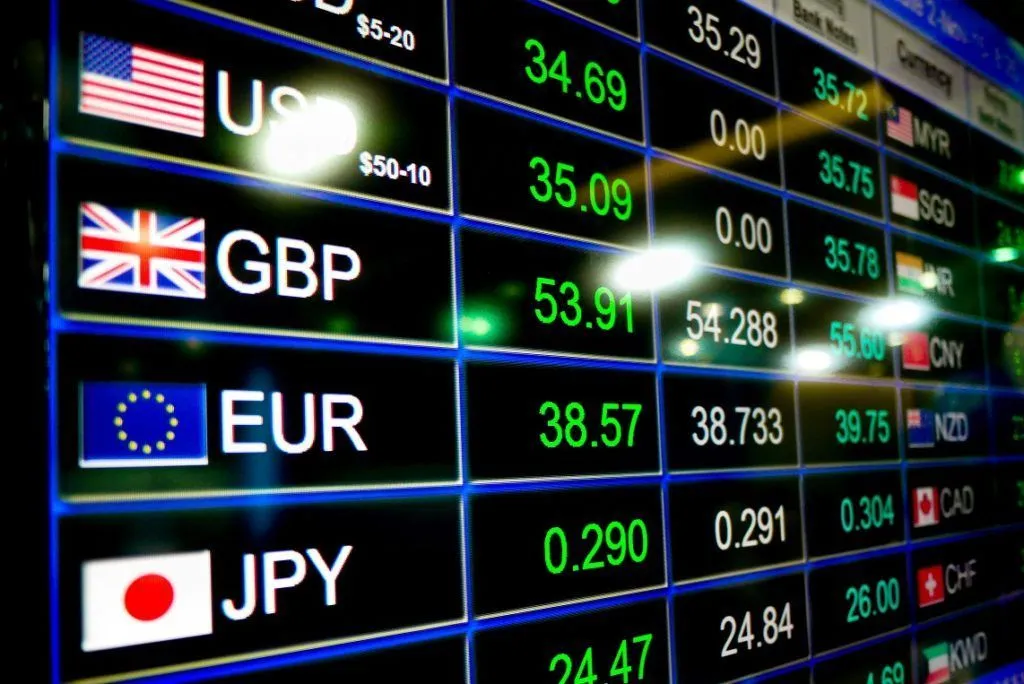Forex trading, often referred to as currency trading or FX trading, is a dynamic financial activity that revolves around the buying and selling of currencies. As the largest and most liquid market globally, the forex market plays a pivotal role in international trade and investment. In this article, we will delve into the meaning of forex trading, exploring its core principles, participants, and significance in the global financial landscape.
Understanding Forex Trading:
At its core, forex trading involves the exchange of one currency for another with the aim of making a profit. The uniqueness of forex lies in the fact that it is a decentralized market, meaning there is no central exchange or physical location where trading occurs. Instead, transactions take place electronically over-the-counter (OTC) through a global network of banks, financial institutions, corporations, and individual traders.
Key Components of Forex Trading:
- Currency Pairs:
- Currencies are traded in pairs, and each pair represents the exchange rate between two currencies. The first currency in the pair is the base currency, and the second is the quote currency. For example, in the EUR/USD pair, the Euro is the base currency, and the US Dollar is the quote currency.
- Exchange Rate:
- The exchange rate is the price of one currency in terms of another. It represents the value at which traders can exchange one currency for another. Exchange rates are influenced by various factors, including economic indicators, interest rates, geopolitical events, and market sentiment.
- Bid and Ask Prices:
- The bid price is the highest price a buyer is willing to pay for a currency pair.
- The ask price is the lowest price a seller is willing to accept.
- The difference between the bid and ask prices is known as the spread.
- Leverage:
- Leverage is a tool that allows traders to control a larger position with a smaller amount of capital. While leverage amplifies potential profits, it also increases the risk of losses. Traders can choose their level of leverage, but its use requires careful consideration.
- Pips:
- A pip, or percentage in point, is the smallest price movement in the exchange rate of a currency pair. Most currency pairs are quoted to four decimal places, and a pip is typically the last decimal place.
Market Participants:
- Retail Traders:
- Individual traders who participate in forex trading through online platforms provided by brokers.
- Institutional Traders:
- Banks, hedge funds, and other financial institutions engage in large-volume trades, influencing market movements.
- Central Banks and Governments:
- Central banks intervene in the forex market to stabilize or manipulate their currency’s value. Governments may also participate to address economic objectives.
Significance of Forex Trading:
- Global Trade and Investment:
- Forex trading is the lifeblood of international trade and investment. Businesses engaged in global transactions often need to convert one currency into another, and forex markets facilitate these exchanges.
- Price Discovery:
- Forex markets provide a mechanism for price discovery, reflecting the supply and demand dynamics for different currencies. Exchange rates are constantly adjusting to reflect market sentiment and economic conditions.
- Market Liquidity:
- The forex market is highly liquid due to its vast size and continuous operation. High liquidity ensures that traders can enter and exit positions with minimal impact on prices.
- Risk Management:
- Forex trading allows participants to manage and hedge currency risk. Businesses can protect themselves from adverse currency movements by engaging in forex transactions.
Conclusion:
Forex trading, with its intricate web of currency pairs, exchange rates, and market participants, is a cornerstone of the global financial system. As individuals and institutions engage in the buying and selling of currencies, the forex market facilitates international trade, investment, and price discovery. Understanding the fundamental concepts and mechanisms of forex trading empowers participants to navigate this dynamic landscape and harness the opportunities presented by the ever-evolving world of foreign exchange.

